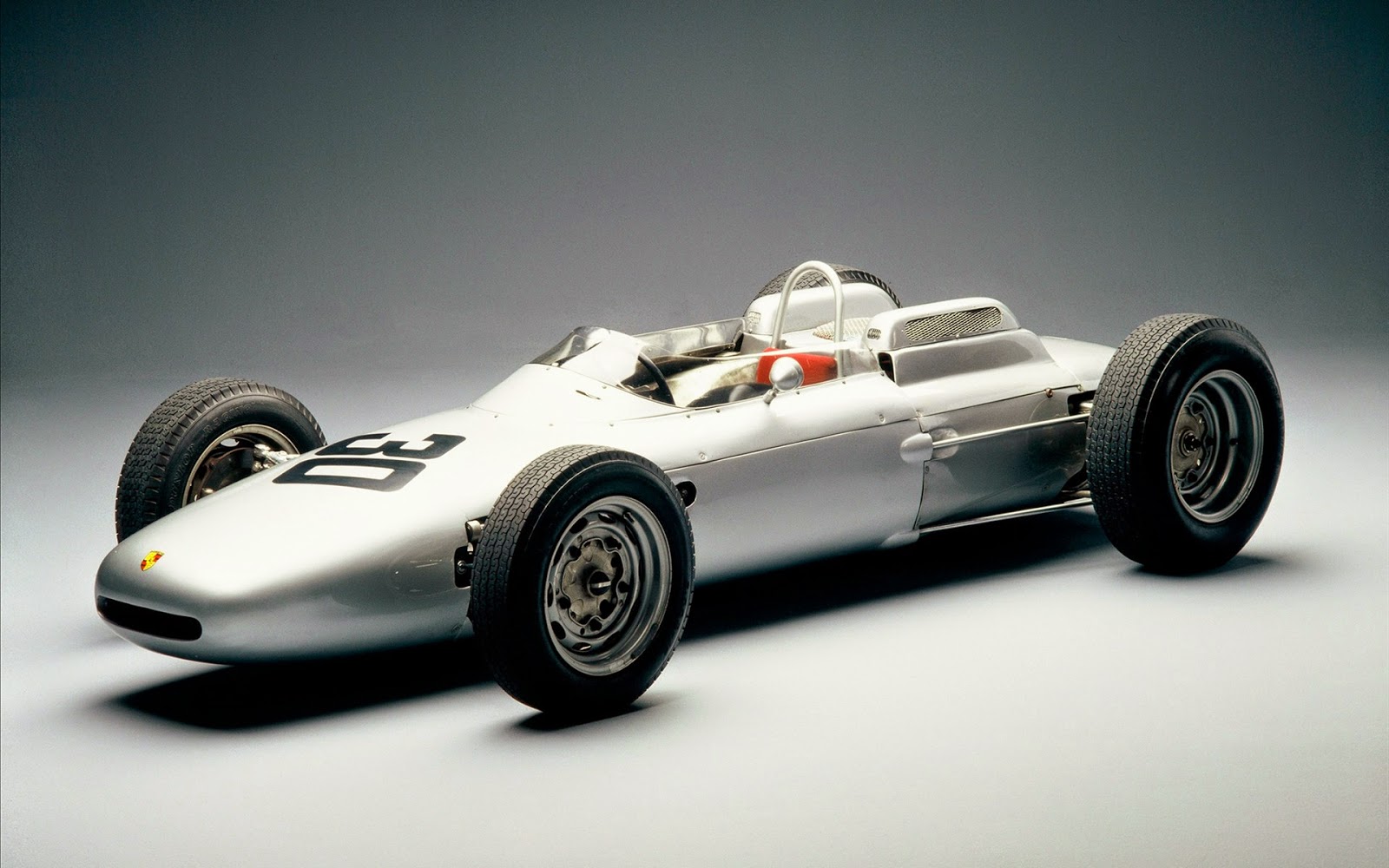Porsche 804 F1 (1962)
Share
Porsche 804 F1 (1962): A Glimpse into Racing History
The Porsche 804 F1 is one of the most iconic race cars in the history of Formula One. Introduced in 1962, it stands as a testament to Porsche's engineering brilliance and dedication to motorsport. This blog post will explore the design, performance, historical significance, and legacy of the Porsche 804 F1, highlighting its influence on future motorsport innovations.

Design and Engineering
The Porsche 804 F1 was designed by Ferdinand "Butzi" Porsche, the grandson of the brand's founder, and his team. At the core of its engineering was a smart combination of lightweight materials and advanced aerodynamics. The chassis was crafted from a lightweight aluminum spaceframe, optimizing performance and handling.
One of the key features of the Porsche 804 was its flat-eight, air-cooled engine, which was a departure from the traditional V8 engines used by many competitors at the time. This engine layout not only reduced weight but also contributed to the car's low center of gravity. With an impressive output of around 200 horsepower, the 804 could reach incredible speeds on the track.

Performance on Track
The Porsche 804 made its grand debut during the 1962 Formula One season, competing in several races, including the French Grand Prix and the German Grand Prix. The 804's lightweight construction and powerful engine allowed it to perform exceptionally well, with remarkable acceleration and handling capabilities.
One of the highlights of the 1962 season for the Porsche 804 was its performance at the French Grand Prix, where driver Dan Gurney achieved significant success. Gurney’s ability to balance speed and control showcased the car's potential and made a lasting impression in the racing community.

Historical Significance
The Porsche 804 F1 is noteworthy not only for its engineering achievements but also for the role it played in transitioning Formula One racing technology. As teams began to experiment with different engine configurations and materials, the 804 offered a glimpse of what was possible with innovative design and engineering thinking.
Moreover, the car helped solidify Porsche's reputation as a formidable force in motorsports, paving the way for future successes in both sports car racing and Formula One.

Legacy and Impact
Although the Porsche 804 F1 had a relatively short competitive lifespan, its impact is still felt in the automotive world today. The technology and principles developed during its design and race development laid the groundwork for future Porsche racing cars, emphasizing the importance of lightweight construction, aerodynamics, and innovative engine design.
Porsche continues to draw inspiration from its racing heritage, using lessons learned from the 804 and other storied models to enhance performance in their road-going automobiles and racing endeavors.

Conclusion
The Porsche 804 F1 represents a significant chapter in the history of motorsport. With its groundbreaking design and engineering, it not only achieved impressive performance on the racetrack but also contributed to shaping the future of racing. As we look back on this classic racing machine, the legacy of the Porsche 804 continues to inspire both car enthusiasts and engineers alike.
Whether you're a fan of classic racing cars, a Porsche enthusiast, or simply interested in automotive history, the story of the Porsche 804 F1 is one that reflects passion, innovation, and a relentless pursuit of excellence.
As the automotive world continues to evolve, the spirit of the Porsche 804 lives on, reminding us of the ingenuity and creativity that drives the industry forward.
Explore the impressive legacy of the Porsche 804 F1 and let it inspire your own automotive dreams!